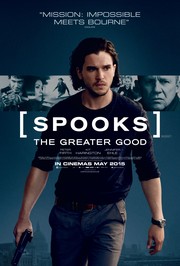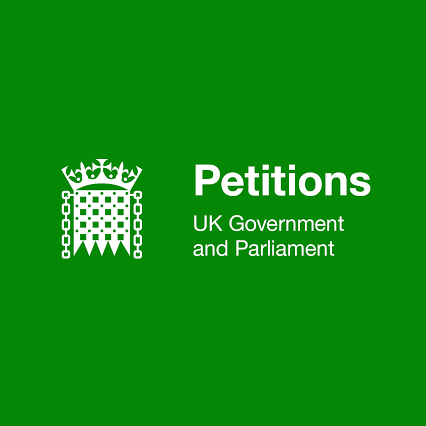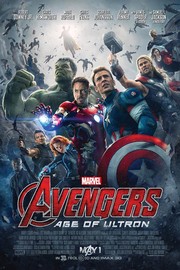Aug102015

The Establishment: And How They Get Away with It by Owen Jones
We read and rated it 5/5 ^^ This is a must read book for everybody. A compelling, thought-provoking, articulate read... and if you care, even in the slightest, about society, it will make you very ANGRY. The rich get richer, much richer, the poor get poorer - when will the masses rise up to change it? GoodreadsAuthor
What's New
Sep252015
Advertising seems to be blocked by your browser.
Please note that advertising helps us to host this site.
Please consider adding a filter to allow adverts to be displayed on this site.
Checking status...
- 1752736441485
- 1752657602301
- 1752657362179
- 1752657121811
- 1752656885295
- 1752656642605
- 1752656161670
- 1752656042178
Frank's Bluesky Feed
What is ‘Hand in Glove’?
Hand in Glove is an on-line magazine, It is a scrapbook of nostalgic memories and artefacts, a sound board to voice our anger against anything that irritates or annoys us, a vehicle to showcase the talent that is inherent in us all.
It is unashamedly biased towards bands, artists, football teams, culture, emotions and ideas that have shaped the people we have evolved into, and will continue to change by the volatile and dynamic environment in which we are ensconced.
Hand in Glove is currently in an embryonic state and unsure of it's future direction at this moment in time...
None of the above is is set in stone...
Contributions Wanted
If you have anything that you would like to be considered for inclusion on this site then please email us:




















Categories: On our Bookshelf |